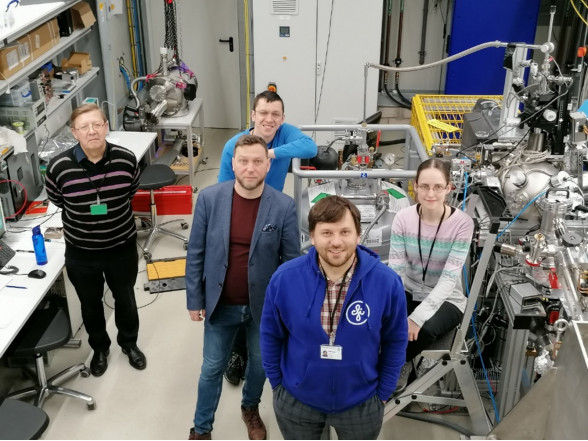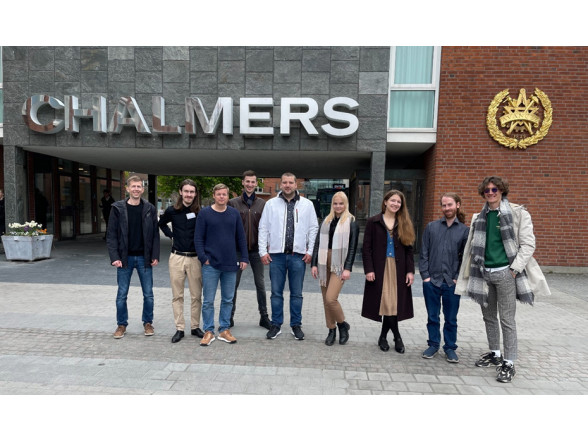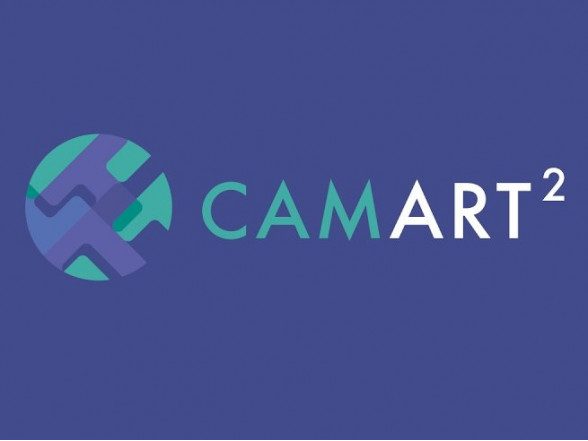A group of researchers from ISSP UL’s Laboratory of Spectroscopy participated in experimental measurements of spectroscopic properties of wide band gap material at German Electron Synchrotron (DESY) research centre in Hamburg. The experiments took place at PETRA III P66 – Time Resolved Luminescence Spectroscopy Beamline
This visit provided an opportunity for the participants to master new methods for characterization of wide band gap materials, which include luminescence, luminescence excitation and luminescence decay measurements in visible, ultraviolet and vacuum ultraviolet spectral ranges. These measurements offer indispensable information about the band gap, intrinsic defects, defect generation and possible applications of optical materials for high-energy radiation applications such as scintillators.
During the time at DESY, the spectroscopic properties of doped and undoped yttrium aluminates, alkaline earth rare earth fluorides and stannates were studied. These experiments showed the advantages of synchrotron radiation in comparison to conventional light sources and highlighted the use of these facilities for new research opportunities and future collaboration.
It was unprecedented that researchers from not only Laboratory of Spectroscopy, but also three other ISSP UL’s laboratories (Laboratory of Kinetics in Self-Organizing Systems, EXAFS Spectroscopy Laboratory, and Laboratory of Organic Materials) carried out experimental measurements at various lines of DESY PETRA III synchrotron at the same time.
Established in 1959, DESY is one of the world’s leading accelerator centres with large-scale facilities to explore the microcosm in all its variety – from the interactions of tiny elementary particles and the behaviour of new types of nanomaterials to biomolecular processes that are essential to life.



